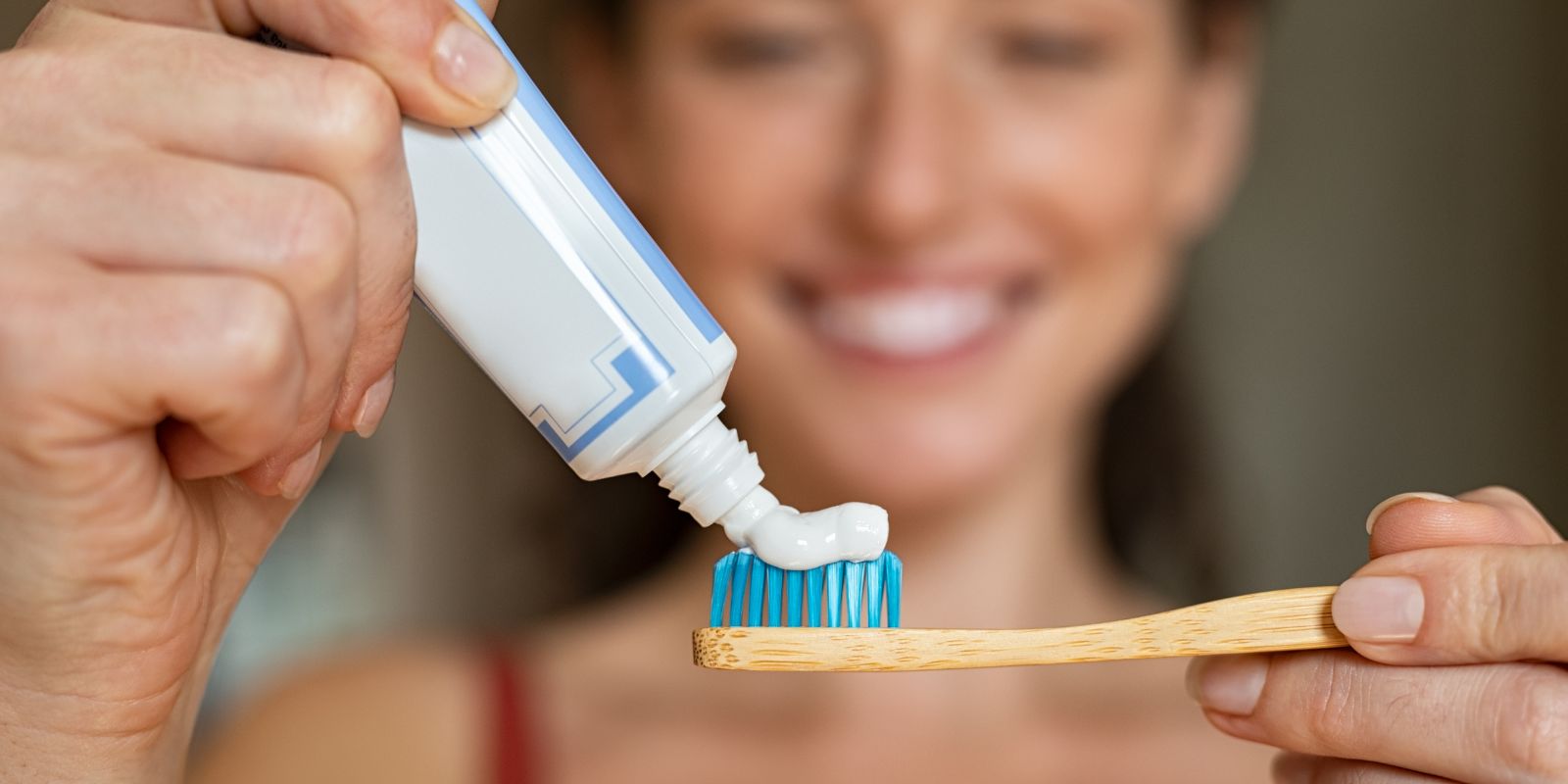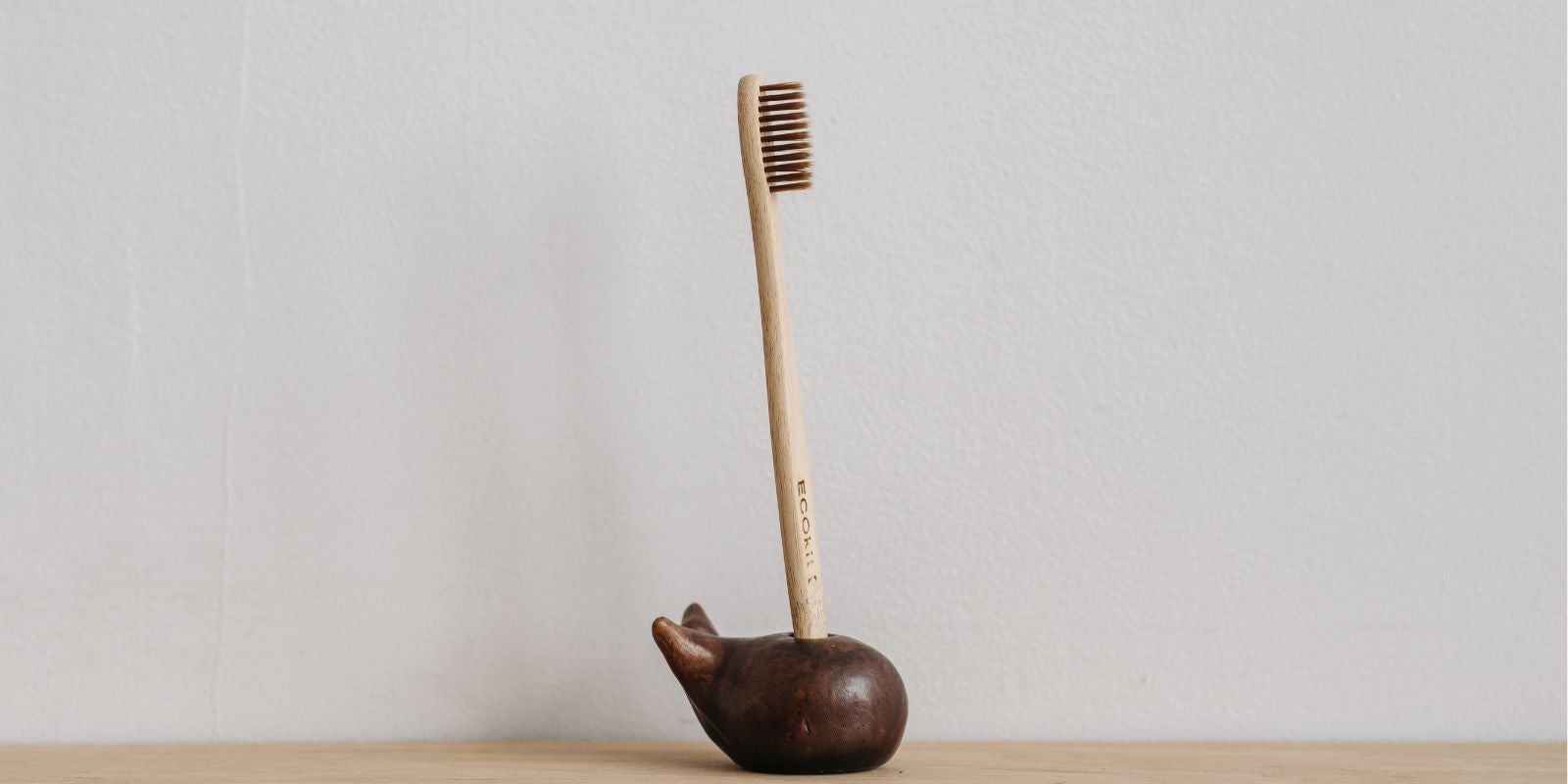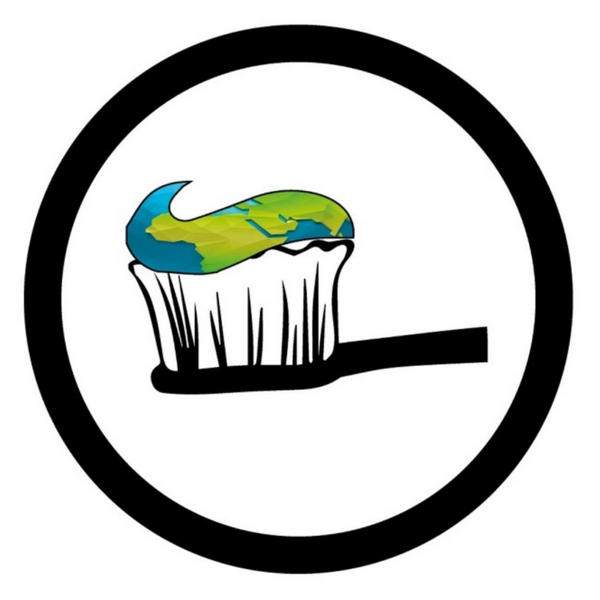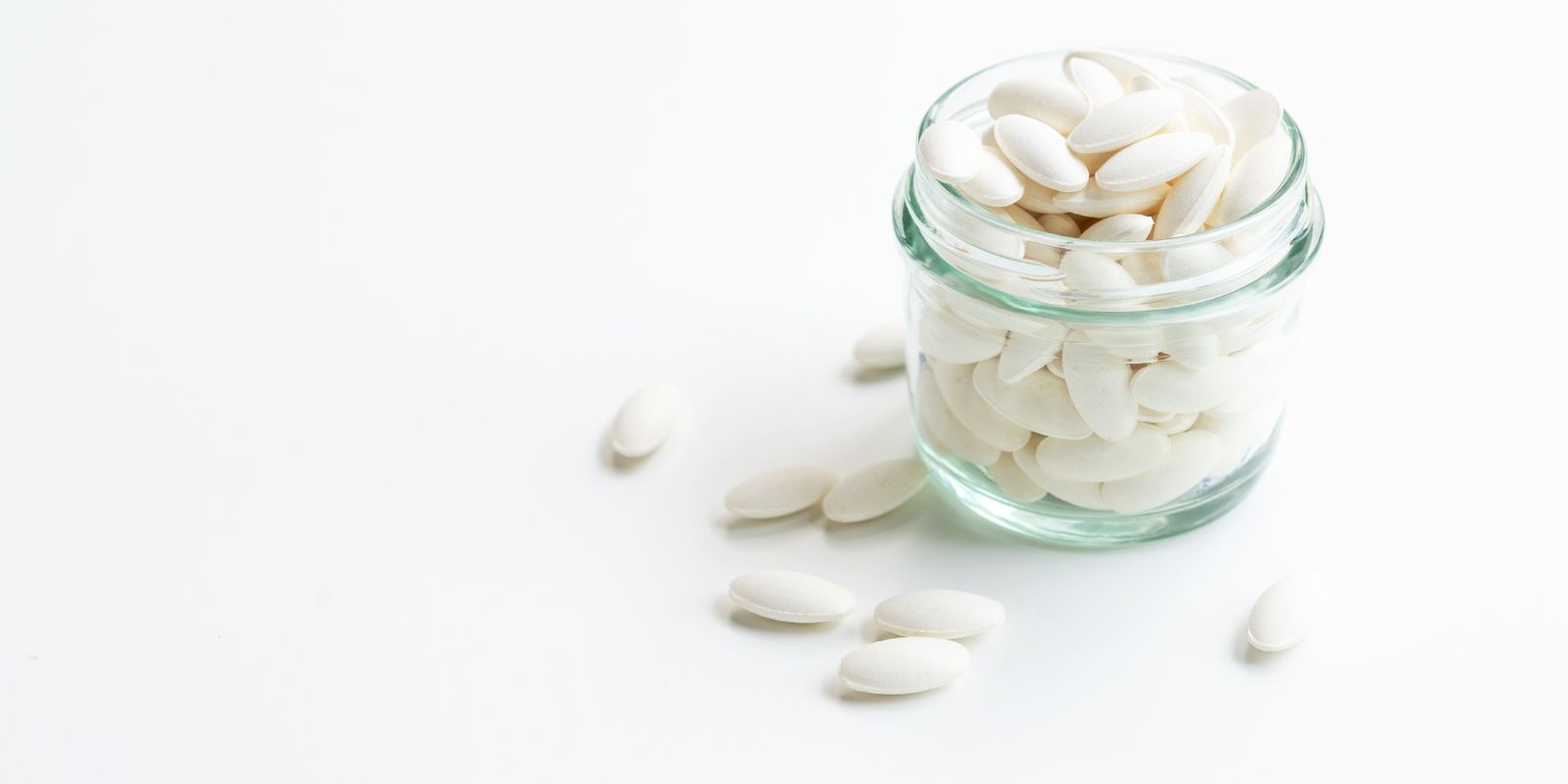Oral health is incredibly important for our overall health and well-being. Without it, there is the risk of developing issues such as tooth decay, gum disease, gingivitis and oral infections, which result in toothache, problems eating, and even tooth loss. What’s more, research shows that poor dental hygiene and untreated oral diseases can increase the risk of other health issues, such as heart disease, diabetes, and stroke.
What Is Meant by Oral Health?
Oral health simply refers to the condition of the various elements in the mouth, including the teeth, gums, tongue, and other tissues.
Oral health encompasses a range of practices aimed at maintaining the cleanliness, function, and appearance of these elements, such as regular brushing and flossing, routine dental check-ups, a balanced diet, and avoiding harmful habits like smoking or excessive sugar consumption.
So, with the scary stuff out the way, let’s look deeper into how you can improve your dental health.
Oral Health Tips & Best Practices
There are so many things you can do to improve your oral health, some of which you may never have thought of. Our top tips & best practices for oral health include:
1. Brush Twice a Day With a Fluoride Toothpaste
First and foremost, you want to be brushing your teeth twice a day with a fluoride toothpaste. The way you brush your teeth is super important, so important that doing a rubbish job of brushing is almost as bad as not brushing at all. So remember to take your time, rotating the toothbrush in gentle, circular motions to remove dirt and plaque. Plaque left on the teeth can ultimately harden, leading to calculus build up and gingivitis (early gum disease).

Discover how to choose the right toothpaste here .
When it comes to toothpaste, there are lots of different elements out there: whitening, flavours etc. But the most important factor you need to look out for when choosing a toothpaste is that it contains fluoride.
Shop our zero-waste fluoride toothpaste tablets, here.
Although fluoride has come under scrutiny by those worried about how it impacts our health, it is essential in improving our oral health. This is because fluoride is a leading defence against tooth decay and known to remove tartar, reduce plaque and protect teeth. Fluoride can also attract strengthening minerals (such as calcium) to the mouth when present.
2. Limit Sugary and Acidic Foods and Drinks
Did you know that sugar converts into acid when left in the mouth, which ultimately erodes the enamel of your teeth? These acids are what lead to cavities, tooth decay and erosion. Acidic fruits like oranges & lemons, teas, and coffee can also wear down tooth enamel, so it’s wise that you stay mindful when choosing your food/drinks.
3. Don’t Forget About Your Tongue
There is so much emphasis on brushing your teeth that we commonly forget about cleaning our tongue, but the reality is that plague can also build up there. Not only can this lead to bad breath, but it can lead to other oral hygiene issues. To avoid this, we recommend gently brushing your tongue every time you brush your teeth for about 10 seconds, or use a specially designed tongue scraper.

4. Wash Your Toothbrush Holder
Now, washing your toothbrush holder might not be up there with your favourite things to do, but it’s actually a really important step when maintaining good oral health. But, why?
Well, not only does it hold your brush, but it also holds onto many of the germs that surround your bathroom. A study by the National Sanitation Foundation found that toothbrush holders are the third most germiest household item, following after dish sponges and kitchen sinks take the first and second spots. Gross!

5. Switch Your Toothbrush Every 3-4 Months
Regardless of the type of toothbrush you have, whether that be natural bamboo toothbrushes or plastic toothbrushes, they all have a similar lifespan of around 3-4 months. At Brush Fresh, we recommend replacing your toothbrush every 2 to 3 months or when the bristles have frayed out of shape.
Bamboo Toothbrush and Toothpaste Bundle
This handy 3 month bundle makes sure you never have to keep track of changing your eco-friendly bamboo toothbrush and toothpaste again!
It's also worth pointing out that the lifespan of your toothbrush also depends on how well you take care of it, so storing the toothbrush properly, cleaning it regularly and avoiding excessive pressure while brushing will help to significantly extend its lifespan.
Brush Fresh Co. is founded and run by a group of UK-based dentists, who specialise in environmentally-friendly and sustainable dental products. From biodegradable bamboo toothbrushes to zero waste toothbrush tablets, our product range has been designed to put both your dental health and the environment first. For more information and dental care advice, head over to our blog page or get in contact with us here.
Written by Kate, on behalf of Brush Fresh Co - the UK's Dental Experts Providing eco-friendly dental care.
Published on - 27/01/2023
Updated on - 19/03/2024


